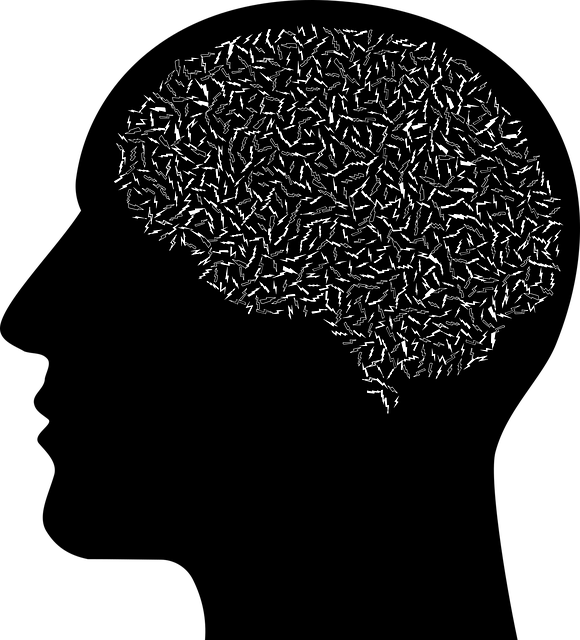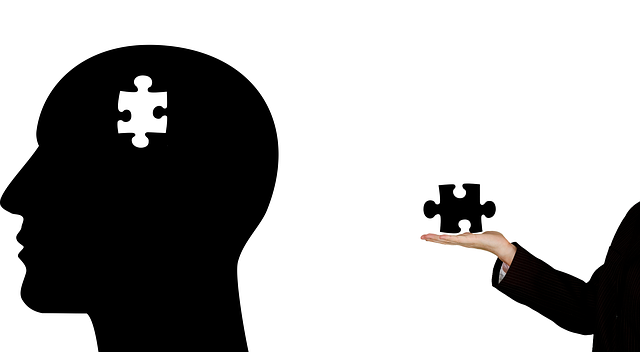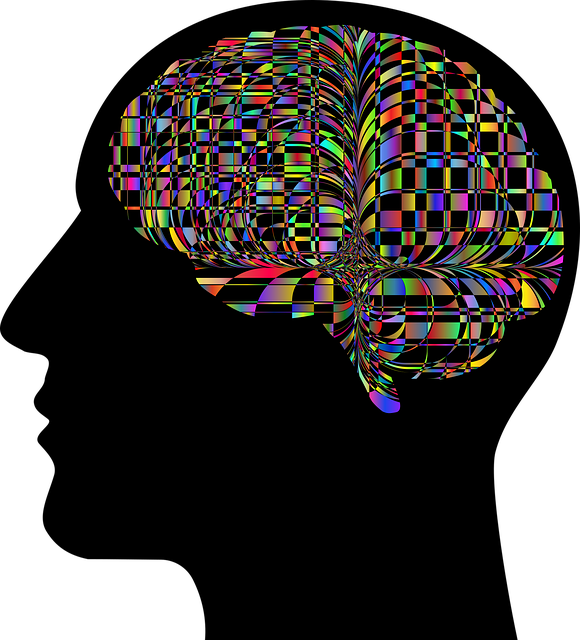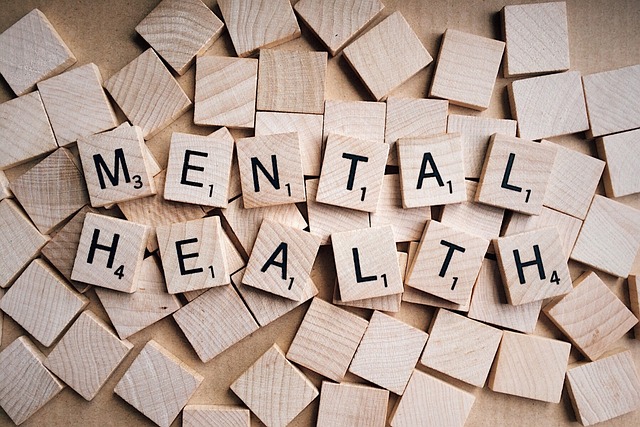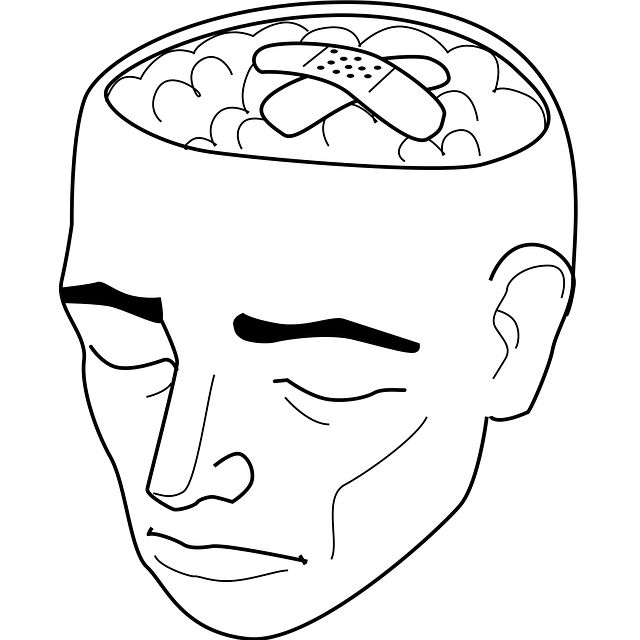Northglenn Biofeedback Therapy offers a transformative approach to mental wellness through comprehensive self-assessment tools, integrating mind-body principles with scientific research. By encouraging introspection and evaluating physiological responses, individuals gain insights into emotional well-being, stress management, and coping mechanisms. This evidence-based practice combines techniques like journaling, mindfulness, and empathy-building to empower clients in managing anxiety, depression, and chronic pain. The rigorous testing and continuous improvement of their self-assessment tools ensure accurate measurement and personalized treatment plans, enhancing mental health awareness and proactive wellness management.
Mental wellness self-assessment tools are crucial for individuals to gain insights into their emotional well-being. This comprehensive guide explores the development of such tools with a focus on Northglenn Biofeedback Therapy as a leading approach. We delve into understanding mental wellness, the role of biofeedback in therapy, designing effective assessment tools, integrating advanced techniques, and continuous improvement processes. By combining these elements, we aim to enhance self-awareness and promote better mental health outcomes using evidence-based methods like Northglenn Biofeedback Therapy.
- Understanding Mental Wellness and Self-Assessment
- The Role of Northglenn Biofeedback Therapy in Mental Health
- Designing Effective Self-Assessment Tools
- Integrating Biofeedback Techniques for Enhanced Assessment
- Testing, Implementation, and Continuous Improvement
Understanding Mental Wellness and Self-Assessment

Mental wellness is a holistic concept encompassing an individual’s emotional, psychological, and social well-being. It involves understanding one’s thoughts, feelings, and behaviors, fostering positive relationships, and maintaining a sense of purpose and resilience. At Northglenn Biofeedback Therapy, we recognize that self-assessment is a powerful tool to initiate this journey towards mental wellness. By encouraging individuals to introspect and evaluate their emotional states, thought patterns, and overall mood management skills, we empower them to take charge of their mental health.
Self-assessment allows for the early identification of potential issues such as anxiety or depression, enabling timely intervention. It involves using various techniques and tools that facilitate reflection, including journaling, mindfulness exercises, and empathy-building strategies. Through these methods, individuals can gain valuable insights into their emotional responses, triggers for stress or anxiety (like certain social situations), and develop personalized coping mechanisms. This proactive approach to mental wellness is a game-changer in managing and maintaining a positive state of mind, especially when coupled with evidence-based practices like biofeedback therapy.
The Role of Northglenn Biofeedback Therapy in Mental Health

Northglenn Biofeedback Therapy plays a pivotal role in enhancing mental health awareness and well-being. This therapeutic approach empowers individuals to gain profound insights into their physiological responses, enabling them to take control of their mental health journey. By focusing on techniques such as emotional regulation and relaxation, biofeedback helps in reducing stress, anxiety, and even chronic pain, thereby fostering a sense of calm and improved psychological flexibility.
The process involves teaching clients to monitor and modulate their body’s physical reactions, offering them valuable tools for managing challenging situations. This not only enhances self-awareness but also acts as a confidence-boosting mechanism. In today’s fast-paced world, where stress is prevalent, Northglenn Biofeedback Therapy offers a holistic approach to emotional regulation, making it an effective strategy in maintaining mental health and promoting overall well-being.
Designing Effective Self-Assessment Tools

Designing effective self-assessment tools is paramount in the mental health sector, especially when considering the diverse needs of clients and the evolving landscape of therapy practices, such as Northglenn Biofeedback Therapy. These tools play a crucial role in enhancing Mental Health Awareness and enabling personalized treatment plans. The process involves carefully integrating Mind Over Matter Principles to create assessments that are both comprehensive and user-friendly.
By combining scientific research with practical application, therapists can develop self-assessment tools that accurately gauge an individual’s mental wellness. This involves assessing various aspects of psychological well-being, including emotional state, stress levels, and coping mechanisms. Effective tools should also incorporate features for Risk Management Planning for Mental Health Professionals, ensuring they can identify potential risks and facilitate timely interventions. Through such meticulous design, these assessments become valuable resources in the journey towards improved mental wellness.
Integrating Biofeedback Techniques for Enhanced Assessment

Integrating biofeedback techniques into mental wellness self-assessment tools offers a powerful approach to enhancing evaluation accuracy and depth. Northglenn Biofeedback Therapy, for instance, has shown significant potential in this regard. By measuring physiological responses like heart rate, skin conductance, and muscle tension, these tools provide tangible data points that correlate with an individual’s emotional state and stress levels. This objective information not only aids in more precise self-assessment but also facilitates personalized interventions.
This integration allows for a holistic understanding of mental wellness, going beyond mere subjective reports. By incorporating biofeedback, individuals can gain valuable insights into their stress management skills and resilience building, enabling them to make informed adjustments to their routines and strategies. Such comprehensive assessments empower people to take proactive steps towards maintaining and improving their overall mental health.
Testing, Implementation, and Continuous Improvement

Testing plays a pivotal role in the development of any self-assessment tool for mental wellness. At Northglenn Biofeedback Therapy, we meticulously evaluate our tools through rigorous trials with diverse participant groups. This involves administering the assessment to individuals from various demographic backgrounds and mental health histories to ensure its effectiveness across different populations. By analyzing the results, we can identify any biases or gaps in the tool’s performance, ensuring it accurately measures emotional intelligence and promotes emotional well-being.
Once tested and refined, implementation becomes the next crucial step. We strategically integrate our self-assessment tools into therapeutic practices and educational programs to facilitate Depression Prevention and enhance overall mental health support. Continuous improvement is at the heart of our approach; we regularly gather feedback from users and healthcare professionals to further refine these tools. This ongoing process allows us to stay aligned with the latest research in Emotional Well-being Promotion Techniques, ensuring our assessments remain cutting-edge and impactful.
The development of mental wellness self-assessment tools is a vital step towards empowering individuals to take charge of their mental health. By incorporating techniques like Northglenn Biofeedback Therapy, these tools can provide valuable insights and promote self-awareness. Effective assessments enable people to identify stress triggers, learn relaxation strategies, and adopt healthier coping mechanisms. Continuous improvement through testing and feedback ensures that these tools remain relevant and beneficial in supporting overall mental wellness.
